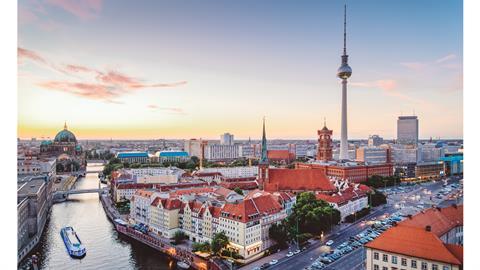EMEA office markets will stage a swifter and stronger recovery from the Covid-19 pandemic crisis than expected, according to Damian Harrington, EMEA head of research at global real estate advisor Colliers International.

Harrington said: 'The market will come back, possibly quicker than expected, in the second half of 2021. Even though vacancy is going to increase, it is going to be primarily from the release of less attractive space, while the demand and the availability of core space is going to get tighter, creating higher prime rents, long-term.
Harrington said the recovery of the EMEA office market was linked to the wider context of the economic recovery path of countries across the region.
'Net absorption and take up may continue to drop to the end of this year and into 2021, but I still don’t think we’ll quite hit GFC levels,' he added.
Rebound potential
'Even when we do get the bottom, I think the rebound is going to be a lot sharper because unemployment rates are not as high as they were during GFC.
Furloughing and government stimulus are sustaining employment levels, which supports a quicker rebound when markets do return. Post-GFC, it took about five years from the trough before labour markets got back to parity. This key factor looks very different this time around.'
Harrington highlighted that prime headline office rents had remained largely unchanged across EMEA, although greater incentives were being offered, particularly in more densely occupied markets. Although office vacancy levels had started to trend upwards, the EMEA average was only up to 6.5 per cent, over 200 basis points below the cyclical (14 year) average.
The strongest EMEA office market is Berlin, which has a vacancy rate of just 1.4% and has rent stability in both prime and secondary CBD areas. It is presently regarded as a landlord market and is forecast to remain a landlord market in 12 months’ time. This contrasts with the region's weakest, Dubai, which has a vacancy of 40%.










